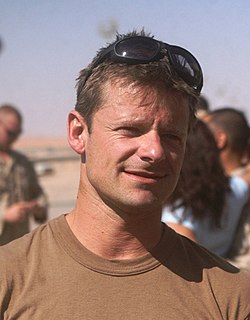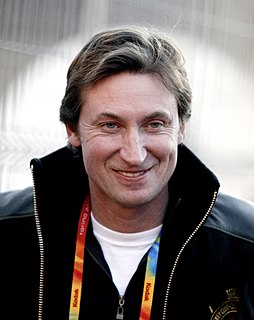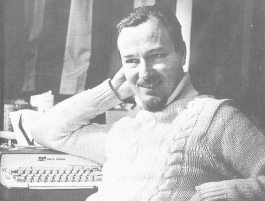A Quote by Alan Furst
The way I work: I pick a country. I learn the political history - I mean I really learn it; I read until it sinks in. Once I read the political history, I can project and find the clandestine history. And then I people it with the characters.
Related Quotes
There's a lot we should be able to learn from history. And yet history proves that we never do. In fact, the main lesson of history is that we never learn the lessons of history. This makes us look so stupid that few people care to read it. They'd rather not be reminded. Any good history book is mainly just a long list of mistakes, complete with names and dates. It's very embarrassing.
Qatar does not have much history, it's a new emirate. So I couldn't draw on the history of the country; its history is really just being a desert. But I thought, the one thing I must learn about for this project is the Islamic faith. So I read about Islam and Islamic architecture, and the more I studied the more I realized where the best Islamic buildings were.
When you learn to read and write, it opens up opportunities for you to learn so many other things. When you learn to read, you can then read to learn. And it's the same thing with coding. If you learn to code, you can code to learn. Now some of the things you can learn are sort of obvious. You learn more about how computers work.
History is not everything, but it is a starting point. History is a clock that people use to tell there political and cultural time of day. It is also a compass that people use to find themselves on the map of human geography. History tells a people where they have been and what they have been, where they are and what they are. Most important, history tells a people where they still must go, what they still must be. The relationship of history to the people is the same as the relationship of a mother to her child.
History is my passion. So I write what I love to read. I find that if I combine history with a strong, sensual romance, it is like a one-two punch. The reader doesn't want the history without the romance, and of course the heavier the history, the more it has to be leavened with a sensual, all-consuming love story.



































